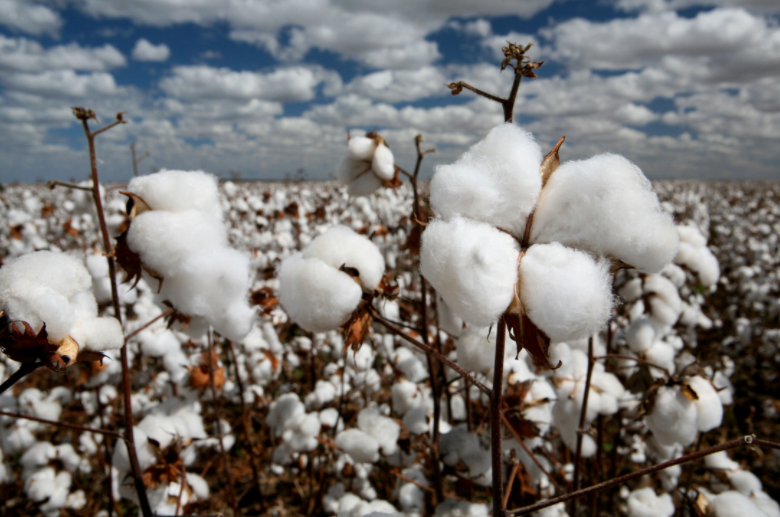More than 23 major brands and retailers pledge for 100 percent sustainable cotton by 2025
During the annual Textile Exchange Sustainability Conference, 23 of the world’s most renowned clothing and textile companies, including Burberry, Adidas, Timberland, ASOS and Levi’s pledged to use 100 percent sustainable cotton by 2025.

During the annual Textile Exchange Sustainability Conference, 23 of the world’s most renowned clothing and textile companies, including Burberry, Adidas, Timberland, ASOS and Levi’s pledged to use 100 percent sustainable cotton by 2025.
The pledge is called Sustainable Cotton Communiqué and was reported by CSR Wire.
The announcement demonstrated that there is an increasing demand for more sustainable cotton, and it is envisaged to spark the deployment of sustainable practices across the whole textile sector.
“The industry is awakening to the necessity of sustainably grown cotton. It is great to see additional brands joining this initiative to accelerate the momentum of cotton production in a way that will positively impact smallholder farmers, water quality, and soil health”, La Rhea Pepper, Managing Director of Textile Exchange, a global non-profit organisation working across sustainable textile supply chains, said.
The brands that have committed to the 100 percent by 2025 pledge are: ASOS, EILEEN FISHER, Greenfibres, H&M, IKEA, Kering, Levi's, Lindex, M&S, Nike, Sainsbury's, F&F at Tesco, Woolworths, Adidas, A-Z, BikBOk, Burberry, Burton Snowboards, Carlings, Coyuchi, Cubus, Days like This, Dressmann, Hanky Panky, House of Fraser, Indigenous Designs, KappAhl, Kathmandu, Mantis World, MetaWear, Otto Group, prAna, SkunkFunk, Timberland, Urban, Volt and Wow.
Some of the environmental and social costs that are often associated with cotton production are the over-use of pesticides and the depletion of local water sources.
It accounts for approximately 6 percent of global pesticide use, and conventional cotton is highly dependent on water, - around 2,720 liters of water are needed just to make one t-shirt.
The over-use of pesticides and petroleum-based fertilisers has negative impacts on farmers’ health, also provoking rising costs of production.
According to CSR Wire, cotton is the most abundantly produced natural fiber, and more than 350 million people are involved in its supply chain.
During the past years, sustainable cotton production has gained significant attention, with over 3 million tonnes produced in 2016 alone.
However, in order for sustainable cotton to become a standard business practice, the sustainable cotton production and uptake must scale-up significantly.
The pledge from 36 major brands that have entered the Sustainable Cotton Communiqué in total is sending the market signal that is needed making clear that real demand for sustainable cotton is growing.
Maria Hollins, Executive Director of Buying and Design, House of Fraser said: “House of Fraser supports the Sustainable Cotton Communiqué as part of our shift to sourcing sustainable cotton in our house branded fashion and homeware products”.
Zachary Angelini, Environmental Stewardship Manager of Timberland said: “Studies have shown the positive social benefits to farming communities as well as the potential for these practices to sequester carbon in the soil.”
“This is exciting work as we move beyond just minimising environmental impacts to strategically creating real environmental and social benefits within the supply chain.”

_400_250_s_c1.png)
_400_250_s_c1.png)



